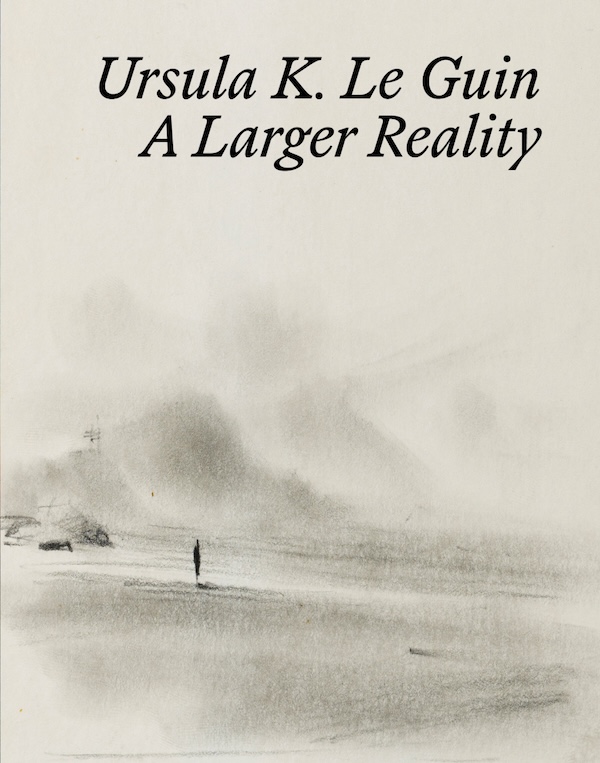
PALESTINE +100: Stories from a century after the Nakba
Basma Ghalayini ed.
Palestine + 100 poses a question to twelve Palestinian writers: what might your country look like in the year 2048 – a century after the tragedies and trauma of what has come to be called the Nakba? How might this event – which, in 1948, saw the expulsion of over 700,000 Palestinian Arabs from their homes – reach across a century of occupation, oppression, and political isolation, to shape the country and its people? Will a lasting peace finally have been reached, or will future technology only amplify the suffering and mistreatment of Palestinians?
Covering a range of approaches – from SF noir, to nightmarish dystopia, to high-tech farce – these stories use the blank canvas of the future to reimagine the Palestinian experience today. Along the way, we encounter drone swarms, digital uprisings, time-bending VR, and peace treaties that span parallel universes. Published originally in the United Kingdom by Comma Press in 2019, Palestine +100 reframes science fiction as a place for political justice and the safekeeping of identity.
Edited by Basma Ghalayini. Featuring Talal Abu Shawish, Tasnim Abutabikh, Selma Dabbagh, Emad El-Din Aysha, Samir El-Youssef, Saleem Haddad, Anwar Hamed, Majd Kayyal, Mazen Maarouf, Abdalmuti Maqboul, Ahmed Masoud & Rawan Yaghi.
Language: English






